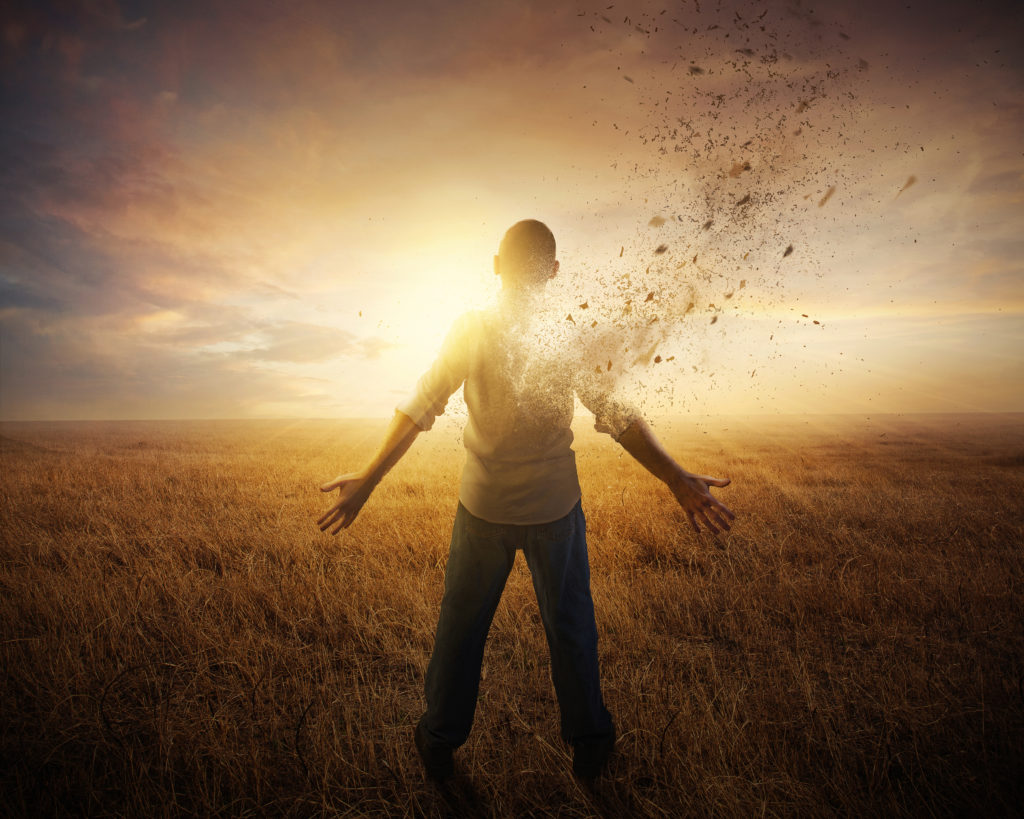The US, highly polarized and fragile, is weakening. Chaos abounds. Old structures that held our society together are being dismantled, many of these were institutions or organizations that supported people. In response—confusion, fear, and a sense of rapidly impending crisis are taking hold.
A Chinese proverb describes perfectly what’s happening: “A crisis is an opportunity riding a dangerous wind.” This crisis pulls those of us who favor governmental support toward each other—our opportunity—, but we have to find a structure that will enable us to dialogue and act effectively in harmony—our challenge. This crisis exposes gaping holes and flaws in the democracy we want to protect, which have not been so readily visible before—another opportunity. Now visible, we can grapple with them. Our democracy has been coopted by thinking that pushes money to the top of our value pyramid. This crisis calls for us to evolve quickly into a mindset that replaces that value with a passionate commitment to the well-being of our people, our planet and all forms of life.
In the immediacy of NOW, those of us who support democracy have urgent questions. In the midst of fear, what can/should we do? Here are some suggestions. Be in contact with people who share your thinking. Call old friends, join a community of people who are interested in building something rather than tearing it down or a faith community aligned with your values. If you can’t find such a community, create it. Do research. Join Substack. Many strong thinkers who support democracy are writing there, sharing important information. Donate to nonprofits that support living beings and the planet. Call a meeting with your friends to figure out what you can do locally. Practice random acts of kindness. Put your values into visible action. Don’t give in to fear and apathy. Take action!!!! Be the change you want. And be positive: our focus needs to be on what we can do together.
In some ways, we have to become more tribal, because we need the protection and camaraderie of being with like-minded people. But it’s also important to help to break down the polarization that divides our country. If you know someone who has a different view from yours, invite that person to lunch or tea. Ask that person what they think would work for them in their lives at this point in our history, and share what is most meaningful to you. You will come up with better ideas together than separately. Ask questions when you need clarification. Be supportive of that person. Avoiding blame and judgment leads to new information. This can be an exciting discovery process. This process is helpful to all relationships and important to families.
These are small acts, but when in the midst of chaos, it is important to continually observe, listen, read, and take small steps. Know that the situation is constantly and quickly changing, and you must constantly realign to be effective. And always remember, strong relationships with others are key in a chaotic environment.
By Jo Vanderkloot and Judy Kirmmse



